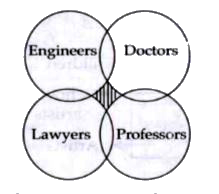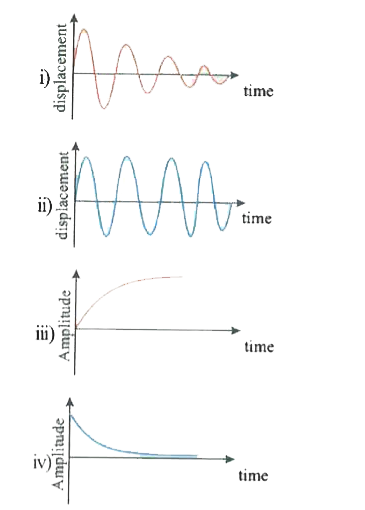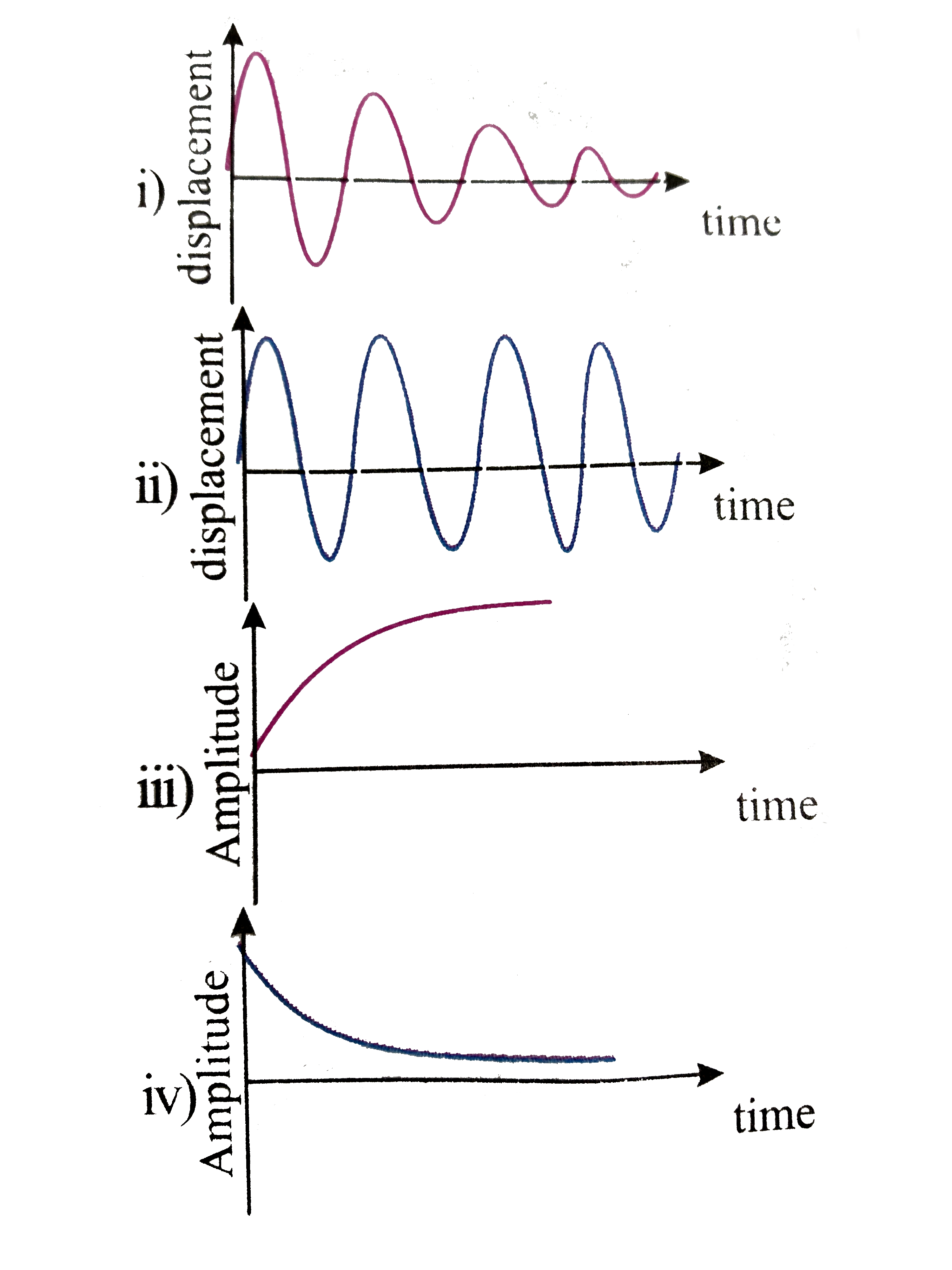In which of the following figures does the unshaded portion represents 23 ?




The correct Answer is:B
To determine which figure represents the unshaded portion as 23, we will analyze each option step by step.
Step 1: Analyze Each Figure
We need to look at each figure provided in the options and count the total parts and the unshaded parts.
Option 1:
1. Count Total Parts:
- There are 6 total parts.
2. Count Unshaded Parts:
- There are 3 unshaded parts.
3. Fraction of Unshaded Parts:
- The fraction is 36=12.
Option 2:
1. Count Total Parts:
- There are 3 total parts.
2. Count Unshaded Parts:
- There are 2 unshaded parts.
3. Fraction of Unshaded Parts:
- The fraction is 23.
Option 3:
1. Count Total Parts:
- There are 4 total parts.
2. Count Unshaded Parts:
- There are 1 unshaded part.
3. Fraction of Unshaded Parts:
- The fraction is 14.
Option 4:
1. Count Total Parts:
- There are 12 total parts.
2. Count Unshaded Parts:
- There are 4 unshaded parts.
3. Fraction of Unshaded Parts:
- The fraction is 412=13.
Step 2: Compare the Fractions
Now, we need to compare the fractions calculated for each option:
- Option 1: 12
- Option 2: 23 (this is the one we are looking for)
- Option 3: 14
- Option 4: 13
Conclusion
The only option where the unshaded portion represents 23 is Option 2.
---
We need to look at each figure provided in the options and count the total parts and the unshaded parts.
1. Count Total Parts:
- There are 6 total parts.
2. Count Unshaded Parts:
- There are 3 unshaded parts.
3. Fraction of Unshaded Parts:
- The fraction is 36=12.
1. Count Total Parts:
- There are 3 total parts.
2. Count Unshaded Parts:
- There are 2 unshaded parts.
3. Fraction of Unshaded Parts:
- The fraction is 23.
1. Count Total Parts:
- There are 4 total parts.
2. Count Unshaded Parts:
- There are 1 unshaded part.
3. Fraction of Unshaded Parts:
- The fraction is 14.
1. Count Total Parts:
- There are 12 total parts.
2. Count Unshaded Parts:
- There are 4 unshaded parts.
3. Fraction of Unshaded Parts:
- The fraction is 412=13.
Now, we need to compare the fractions calculated for each option:
- Option 1: 12
- Option 2: 23 (this is the one we are looking for)
- Option 3: 14
- Option 4: 13
The only option where the unshaded portion represents 23 is Option 2.
Topper's Solved these Questions
- FRACTIONS BOOK - SCIENCE OLYMPIAD FOUNDATION CHAPTER - FRACTIONS EXERCISE - Everyday Mathematics
5 Videos
- FRACTIONS BOOK - SCIENCE OLYMPIAD FOUNDATION CHAPTER - FRACTIONS EXERCISE - Achievers Section (Hots)
5 Videos
- DECIMALS BOOK - SCIENCE OLYMPIAD FOUNDATION CHAPTER - DECIMALS EXERCISE - Achievers Section (Hots)
5 Videos
- IMO MODEL TEST PAPER 1 BOOK - SCIENCE OLYMPIAD FOUNDATION CHAPTER - IMO MODEL TEST PAPER 1 EXERCISE - ACHIEVERS SECTION
5 Videos
Similar Questions
Knowledge Check
In which of the following figures does the shaded part represents 0.3 ?
A B
B C
C D
D
The shaded portion represents.
AA group of professional peopleBA group of Engineers and Professors who are Lawyers
 CA group of Engineers and Lawyers who are also Doctors and Professors a·s well.DNone of these
CA group of Engineers and Lawyers who are also Doctors and Professors a·s well.DNone of theseWhich of the following expressions does not represent Charles' law?
AVt=V0[273.15+t∘C273.15]Bvt=a+btCVt=[V0273.15K]tDVt=V0t
Which of the following curves does not represent Boyle's law ?
View SolutionWhich of the following pairs of structures does not represent isomers ?
View SolutionWhich of the following figure represents damped harmonic motion

View SolutionWhich of the following figure represents damped harmonic motion

View SolutionWhich of the following does not represent redox reaction?
View Solution
